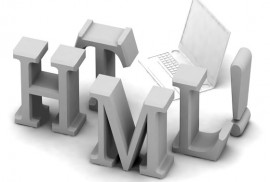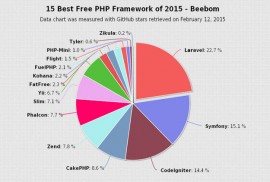
PHP Frameworks – Laravell V’s Zend
August 12th, 2015
In computer programming, frameworks are software based abstractions that supply functionality for developers to add user-written code if required and provide application specific software. However there are different types of frameworks that are analogous with various coding languages. PHP, originally an acronym for Personal Homepage that evolved to Hypertext Preprocessor, is a coding language that has many different frameworks – including […]
Article written by
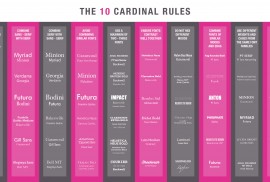
Fontastic Typefaces
May 15th, 2015
The work of graphic designers often requires the use of fonts. These typefaces not only combine artistry with legibility but also convey meaning behind messages that are not just image based. A free service that provides an abundance of these fonts includes Google Fonts, with a selection of 650 different font families. However, not all fonts complement each other and […]
Article written by
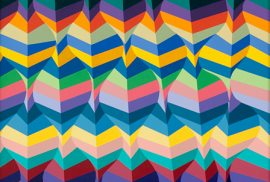
Website Trends 2015: Super Synaesthesia
April 28th, 2015
Digital art is becoming more stimulating by appealing to all the senses. The personification of concepts ascribe emotional attributes to inanimate products or brands, in an endless stream of possibilities that enhances their visual entertainment factor. Human computer interfacing is now evolving to incorporate all of the senses by manifesting a playground design for mega dataflow, a fully immersive experience […]
Article written by
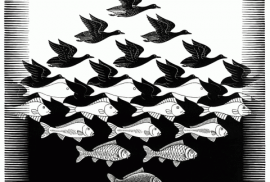
Website Trends 2015: Polarity Paradox
April 21st, 2015
One neoteric direction of graphic design is to encompass a variety of extremes catering for all tastes and options, enabling consumers to oscillate from one end of the spectrum to the other. Web design that reflects this offers products and services that explore the opposites within duality, hence the paradoxical nature of polarities. Online digital split personalities have been coined […]
Article written by
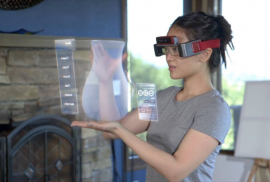
Website Trends 2015: Awakening Tech
March 25th, 2015
As the use of technology online becomes more prevalent, so does human dependency on the digital world. Strategic web designers aim to inspire and engage users with their creations. There are so many emerging technologies and one example is adapting for virtual reality head-mounted display, such as Oculus Rift. This invention creates an intuitive user experience with real time tracking movement […]
Article written by

12 Days of Christmas
December 22nd, 2014
Festive greetings, Instead of a Christmas card this year, we thought we would be eco-friendly and send you a digital version of our warm wishes. In fact rather than just sending a virtual Christmas card, we got carried away and built a whole game instead. On the 12th day of Christmas my true love gave to me an e-card which […]
Article written by
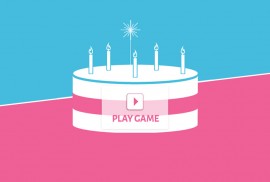
Digital Mosaic 5th Birthday
November 6th, 2014
We are excited to share our 5th birthday celebration with you all. To mark this special occasion, Digital Mosaic invite you to test your gaming skills by playing our new creation that is packed with entertainment value. A worthy winner would say it’s a piece of cake! ;o)
Article written by
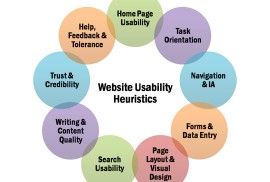
10 Usability Heuristics for User Interface Design
June 21st, 2013
Picture: www.gonifie.com Heuristics derives from the Greek word ‘heuriskein’ and the equivalent meaning in New Latin ‘heuristicus’, translating to ‘discover’ or ‘find out’. Heuristic evaluation is one of the most notable usability methods founded by Jakob Nielson – an expert on computer human interaction. Having been the biggest influence on improving user experience via the ‘discount usability engineering’ movement, he shaped […]
Article written by

